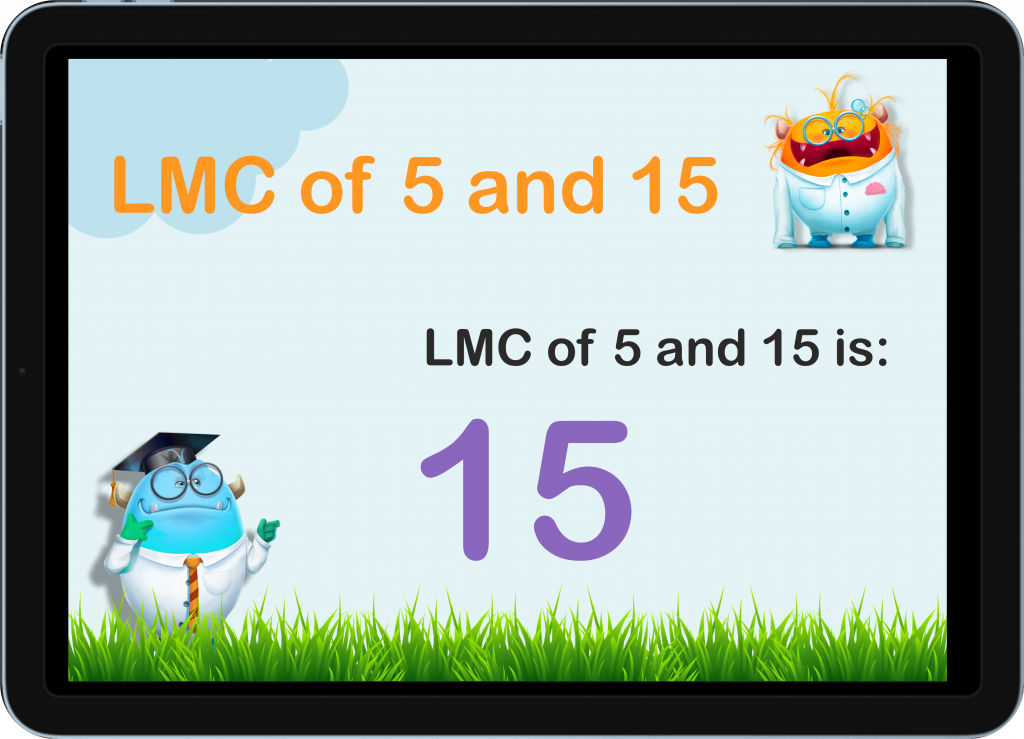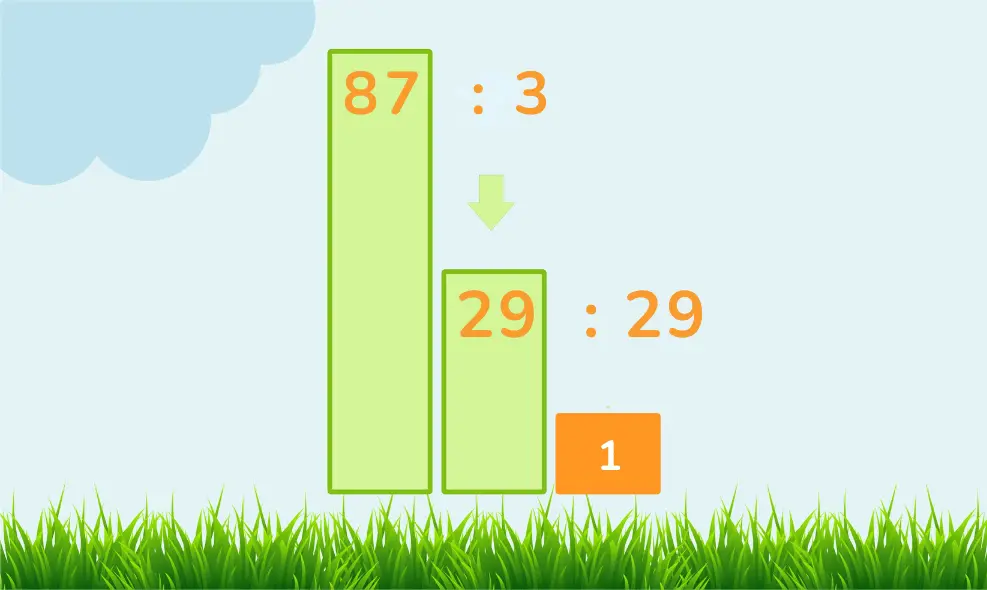Is 2 A Prime Number?
Prime vs. Composite Numbers
Greetings, young math enthusiasts! Today, let’s set sail on a mathematical voyage to determine if 2 is a prime number, and learn more about the difference between prime and composite numbers.

Is 87 a Prime Number?
Or is 87 a Composite Number?
Today, we’re going to explore the number 87 and determine if it’s a prime number. Numbers have so many interesting characteristics, and understanding them can be quite fun. So, let’s dive into the basics of prime and composite numbers and learn more about 87!


No credit card required

No credit card required
What Are Prime and Composite Numbers?
Is 87 a Prime Number?
Why is 87 Not a Prime Number?
What are the Prime Factors of 87?
What are the Factors of 87?
Does 87 Have 2 Factors?
Is 87 a Perfect Square?
What Type of Number is 87?
Fun Facts About 87
Is 87 a Semiprime Number?
What Are Prime and Composite Numbers?
Before we examine 87, let’s refresh our understanding of prime and composite numbers. A prime number is a number greater than 1 that has exactly two distinct factors: 1 and itself. Some examples of prime numbers are 2, 3, 5, 7, and 11.
Conversely, a composite number has more than two factors. This means it can be divided evenly by numbers other than just 1 and itself. Examples of composite numbers include 4, 6, 8, 9, and 12.
Is 87 a Prime Number?
To determine if 87 is a prime number, we need to check if it has any divisors other than 1 and itself. Let’s see if 87 can be divided by different numbers.
Why is 87 Not a Prime Number?
To find out if 87 is a prime number, we can start by dividing it by numbers other than 1 and 87. Let’s begin with 2. Since 87 is odd, it cannot be divided evenly by 2.
Next, let’s try 3. When we divide 87 by 3, we get 29. This shows that both 3 and 29 are factors of 87. Since 87 has factors other than 1 and itself, it is not a prime number. Instead, it is a composite number.
What Are Prime Factors of 87?

Prime factors are the prime numbers that multiply together to form the original number.
To find the prime factors of 87, we break it down into its prime components. We know that 87 divided by 3 equals 29. Since both 3 and 29 are prime numbers, the prime factors of 87 are 3 and 29.
What Are Factors of 87?
Factors of a number are numbers that can be multiplied together to produce the original number. The factors of 87 are 1, 3, 29, and 87. This means that multiplying 1 by 87 or 3 by 29 results in 87.
Does 87 Have 2 Factors?
A prime number has exactly two factors: 1 and itself. Since 87 is not a prime number, it has more than two factors. The factors of 87 are 1, 3, 29, and 87.
Is 87 a Perfect Square?
A perfect square is a number that can be expressed as the product of an integer multiplied by itself. For instance, 4 is a perfect square because it can be written as 2 × 2, and 9 is a perfect square because it can be written as 3 × 3.
To check if 87 is a perfect square, we need to see if there is an integer that, when multiplied by itself, equals 87. Upon checking, we find there is no such integer. Therefore, 87 is not a perfect square.
What Type of Number is 87?
Now that we know 87 is not a prime number or a perfect square, let’s see what other types of numbers it belongs to:
- Odd Number: 87 is an odd number because it is not divisible by 2.
- Composite Number: As we’ve discussed, 87 is a composite number because it has more than two factors.
- Semiprime Number: A semiprime number is a composite number that is the product of exactly two prime numbers. Since 87 = 3 × 29, it is a semiprime number.
- Natural Number: 87 is a natural number because it is a positive integer.
- Whole Number: 87 is a whole number because it is a non-negative integer.
Here’s more interesting math facts about number 87!
- The sum of the squares of the first four prime numbers equals 87 (2² + 3² + 5² + 7²).
- The sum of the sums of the divisors of the first 10 positive integers is 87.
- 87 is the 30th semiprime and the 26th distinct semiprime.
- It is the eighth semiprime of the form (3 × q).
- Together with 85 and 86, 87 forms the last semiprime in the second cluster of three consecutive semiprimes; the first cluster is 33, 34, 35.
- 87 has an aliquot sum of 33, and it is part of an aliquot sequence (87, 33, 15, 9, 4, 3, 1, 0) which leads to the prime number 3.
- The factorial equation 5! – 4! – 3! – 2! – 1! equals 87.
- The last two digits of Graham’s number are 87.
Fun Facts About 87
Let’s wrap up with some fun facts about the number 87:
- In Roman numerals, 87 is written as LXXXVII.
- 87 is the atomic number of francium, which is a highly radioactive metal.
- The number 87 is often associated with the year 1987, which saw many significant historical events.
- The sum of the digits of 87 (8 + 7) is 15.
Is 87 a Semiprime Number?
Yes, 87 is a semiprime number because it is the product of exactly two prime numbers, 3 and 29. This makes it a special type of composite number with a unique property.
Conclusion
So, we’ve learned that 87 is not a prime number but a composite number with four factors: 1, 3, 29, and 87. It is also a semiprime number because it is the product of two prime numbers.
While 87 is not a perfect square, it is an interesting number with various mathematical properties and fun facts. Understanding numbers like 87 helps us appreciate the fascinating world of mathematics!
Learn More About Prime Numbers
© 2024 Smartick. All Rights Reserved.
